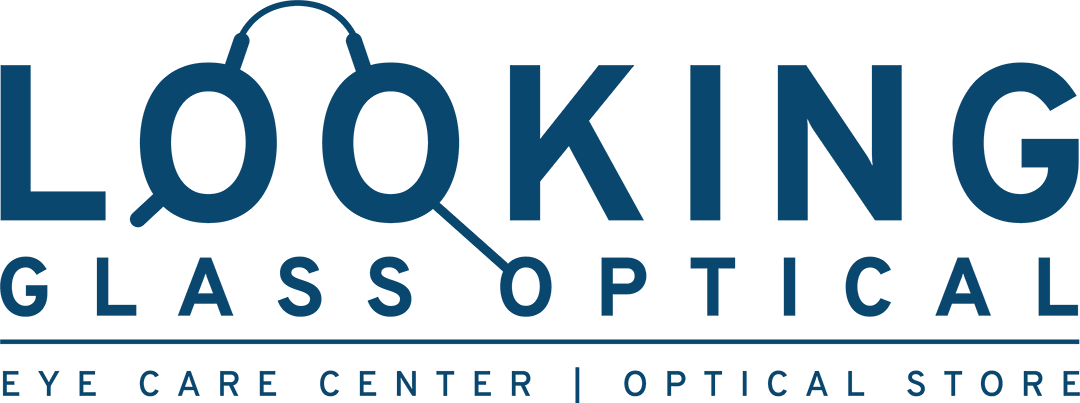Optometrist, Ophthalmologist, and Optician: What’s the Difference?
Having exceptional eye health requires regular check-ups with an eye doctor. But, similarly to general medical doctors, several professionals work closely together to help you maintain your eye health: the optometrist, ophthalmologist, and optician. Of course, when it comes to matters of the eye, you don’t want to wait around or delay treatment. Instead, it’s wise to seek out immediate help from the right professional. Not sure which doctor to visit? Here’s everything you need to know about each specialty.
What is an Optometrist?
In order to become an Optometrist, one must earn a bachelor’s degree in pre-medical or biological sciences, as well as a Doctor of Optometry degree (O.D.) However, certain specialities require them to undergo further training. Despite holding a degree as a Doctor of Optometry, optometrists are not actually licensed medical doctors. In short, see an optometrist if you need an eye exam, an update on your prescription, or you have concerns about your eye health.
Duties of an Optometrist:
- Perform a variety of vision tests to check for underlying issues, such as injuries, diseases, and disorders.
- Provide vision therapy for those with eye injuries.
- Diagnose eye conditions and provide treatments, as well as prescribe eyeglasses/contact lenses.
What is an Ophthalmologist?
Ophthalmologists are licensed medical doctors. Ophthalmologists perform the same tasks as optometrists, but they can provide many other services as well. These individuals specialize in both medical and surgical eye care and must complete a three- or four-year college program. From there, they will complete a minimum of eight years of medical training. Ophthalmologists who choose to specialize in surgical eye care are called subspecialists. And, these individuals must complete a fellowship in a given specialty area, such as the cornea, retina, glaucoma, pediatrics, etc. Overall, visit an Ophthalmologist if you suspect you have a serious eye condition or may need surgery.
Duties of an Ophthalmologist:
- Provide vision services, such as eye exams to look for underlying conditions or injuries.
- Provide medical eye care for conditions such as retinal repair, glaucoma, and iritis.
- Perform surgical procedures for conditions like eye trauma, cataracts, and crossed eyes, and some cosmetic surgeries.
What is an Optician?
Opticians are technicians, and they do not fall under the “eye doctor” category. However, many individuals visit one during the natural progression of their eye care plan. Furthermore, since opticians are not medical doctors or doctors of optometry, they cannot diagnose or treat eye problems. All in all, visit an optician to get your glasses adjusted, or to purchase glasses and contact lenses.
Duties of an Optician:
- Verify lens prescriptions with your optometrist.
- Take facial measurements to fit you with the correct frames.
- Help you choose between lenses/frames.
- Check products and make final orders for both contact lenses and eyeglass lenses/frames.
- Adjust and repair glasses/frames as needed.
How to Choose an Eye Doctor
Keep in mind, Optometrists and Ophthalmologists are the primary doctors for eye health care. They often work together to help restore and maintain your vision. Meanwhile, an optician also plays a crucial role in your eye health as they advise on the proper eyewear for each individual. Needless to say, when it comes to your vision, you shouldn’t take any risks. If you are unsure which doctor best suits your particular needs, talk with your primary care provider.
Or, let the professional team at Looking Glass Optical help guide you. If you have any questions regarding your eye care, contact us online today, or call our office at (410) 768-0202. We are more than happy to answer your questions.
Share

